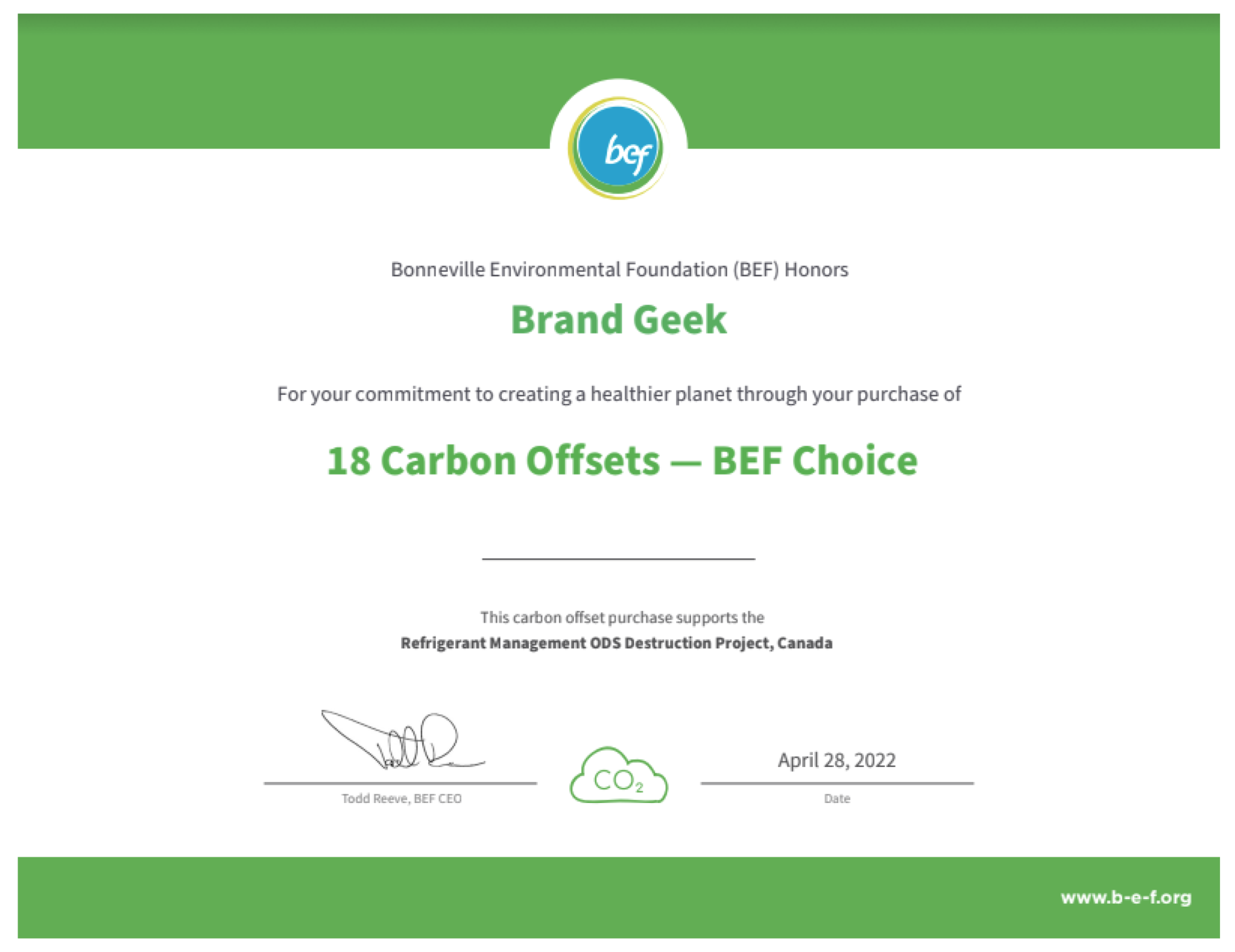Brandgeek proudly supports Mountain Area Preservation and is humbled to be…
Children’s Coldcalm Class Action Continues
Last week the US District Court for the Central District of California denied a motion for judgment on the pleadings, allowing a false advertising, unfair competition, and fraud class action law suit to proceed against homeopathic company Boiron for its Children’s Coldcalm product.
Coldcalm is a homeopathic medicine. Children’s Coldcalm (CCCalm) is the version of the product that’s targeted towards kids 3 years of age and older. A California resident, Gina Delarosa, filed a class action law suit on behalf of herself and all others similarly situated, claiming that Boiron, the manufacturer of CCCalm engaged in false advertising (Cal. Civ Code 17500 et seq), unfair competition (Cal. Civ Code 17200 et seq), and common law fraud, and violation of the California Consumer Legal Remedies Act (Cal. Civ. Code 1750 et seq) in its promotion of the CCCalm product.
Based on her family’s personal experience with the ineffective use of CCCalm, Ms. Delarosa claims that the product is “worthless,” and that she and “all persons located within California who purchased Boiron’s CCCalm for personal use at any time during the four years preceding the [10/14/2010] filing of the Complaint” were deceived into purchasing CCCalm based on Defendant’s false advertising and fraudulent, unsubstantiated claims. According to the complaint, “CCCalm is nothing more than a sugar tablet.” The complaint continues, “CCCalm appeals to consumers because of its labeling as a homeopathic medicine.” Ms. Delarosa asserts that, “Defendants sell CCCalm for approximately $10.00 per unit based on . . . false advertising claims. As a result, Defendants have wrongfully taken hundreds of thousands of dollars from California consumers.” Uh oh. This doesn’t sound good for anyone except the lawyers.
So how’d we get here? Apparently, it all started when Ms. Delarosa and her family caught a cold. They bought some CCCalm to make them feel better, but it didn’t work, so they found themselves some plaintiff’s attorneys. They sent Boiron a demand letter in June, 2010 instructing it to cease its allegedly false and misleading marketing and advertising of CCCalm in California and to offer Californians a refund of the purchase price of the product. When that didn’t happen, Delarosa served Defendant Boiron with a class action complaint in Orange County Superior Court on September 14, 2010.
Things got a little complicated thereafter, as Boiron then filed a Notice of Removal to move the case to federal court on October 14, 2010 under the Federal Diversity Statute as amended by the Class Action Fairness Act (28. U.S.C. 1332(a). Once it got the case to federal court, Boiron moved to have it dismissed by filing a Motion for Judgment on the Pleadings on January 1, 2011. The Court issued a denial of that Motion last week (on July 25, 2011) so for now the case will proceed in federal court. 75 documents(!!) already have been filed in this case, and I imagine that vigorous motion practice will continue for a while before the case settles. Regardless of the merits (or lack thereof) of the claims, Boiron is in a tough spot: settling doesn’t set a good precedent, but the risks of losing a class action lawsuit probably are even higher. Presumably it has taken a lot of Boiron’s resources — time, focus and money — to get to this point in the case, and really, it’s just beginning.
 If you can’t prove it, don’t use it! “Green claims” aren’t the only claims that have to be substantiated. All marketing claims of specific product (or service) benefits need to be substantiated. When in doubt, check with counsel.
If you can’t prove it, don’t use it! “Green claims” aren’t the only claims that have to be substantiated. All marketing claims of specific product (or service) benefits need to be substantiated. When in doubt, check with counsel.





This Post Has 0 Comments